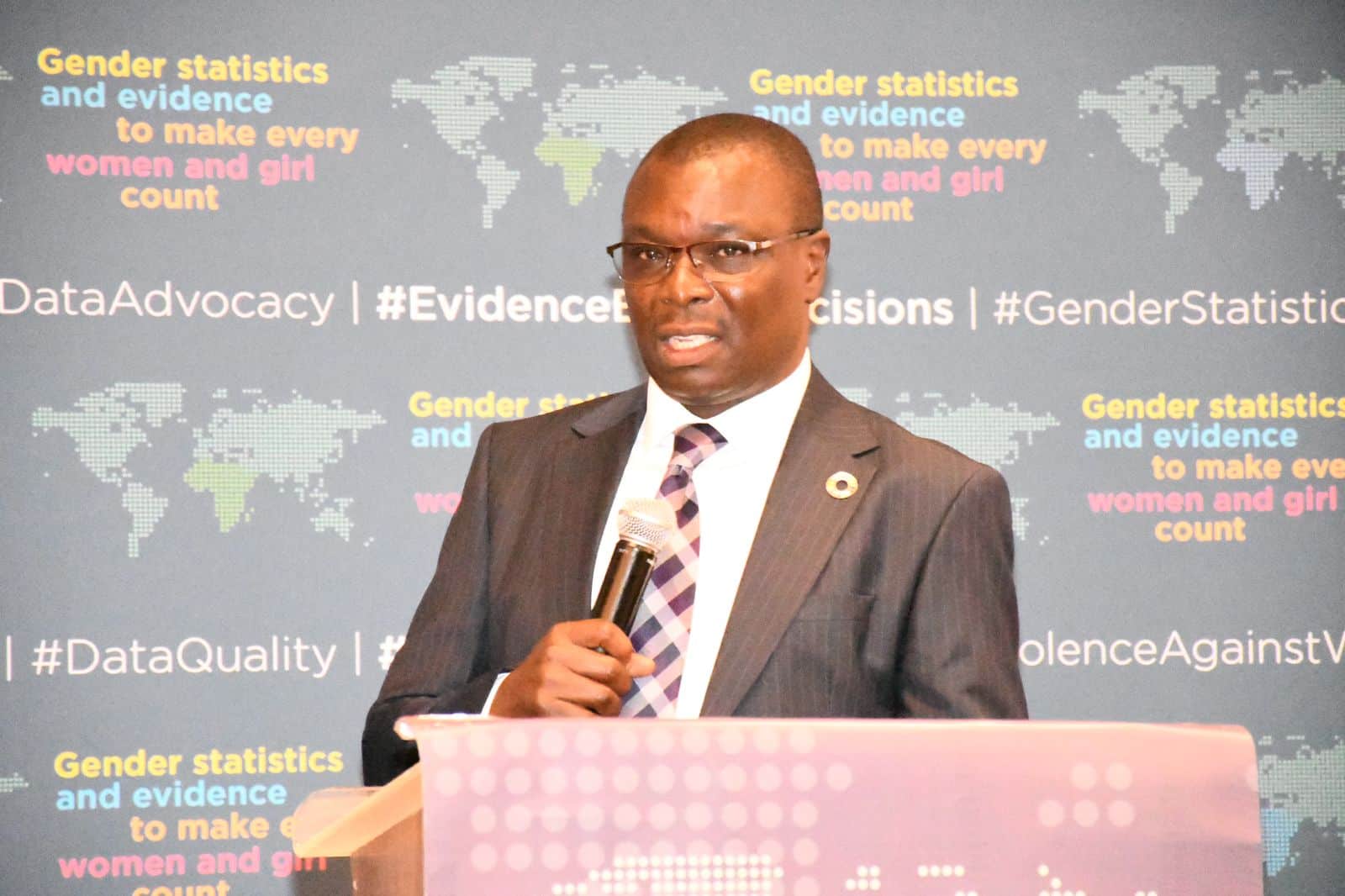The Nairobi Garage is a key player in Kenya’s mushrooming coworking industry and is part of an elaborate ecosystem of coworking spaces in the country.
According to the Global Entrepreneurship Monitor 2020, Africa has witnessed a significant rise in entrepreneurship, with over 22% of the continent’s working-age population starting new businesses.
This entrepreneurial mindset is particularly strong in urban centres, where coworking spaces provide the necessary infrastructure and support.
Also Read: BasiGo Announces Opportunities for Kenyans to Host Charging Stations; How to Apply
The Nairobi Garage’s Marketing Manager Arthur George Ojema says they have seen a shift in the uptake of coworking spaces.
The Growth of Nairobi Garage
“We’ve been in operation for about a decade and have seen a lot of growth within the workspace, fixed desk, remote working and private office space within Nairobi,” he says.
“Coworking spaces are essentially serviced working areas for startups, SMEs, tech entrepreneurs and even corporate clients”.
The idea of co-working spaces was spurred by their demand in the marketplace, where firms constantly seek to improve workplace productivity.
“There has always been a demand for affordable workspaces. The way we have looked at commercial workspace in this country is that when you want to start your own business, you look for a space and pay for it. That space must be rated as commercial, not residential. There are also local and national codes that you must adhere to,” he insists.
He adds that most co-working spaces host SMEs and startups clientele which means when one is starting a new enterprise there is limited capital to operate.
Also Read: How to Increase Safaricom Fuliza Limit for Safaricom Users
With co-working spaces, he notes, there are options like the hot desk where you show up and work out of. There are other benefits like fast wi-fi, coffee and tea which are already in the package for the coworking space.
The Power of Coworking Spaces
However, beyond the desks and high-speed wi-fi, what makes coworking powerful is the networking element, explains Arthur.
“Within the coworking space, it’s not just you sitting on your own working on your special project. You can look up and find a lawyer, an investment accountant, a marketing consultant, a media guru, or even someone you can contract to do sales on a part-time basis,” he describes.
“In one coworking space, you can find ten companies doing app development. Being in the same coworking space means you can find out the technology they are working on. They can give you a deal or be support for you which also helps lower your operating costs.”
According to Arthur, coworking spaces are seeking to leverage convenience as one of the main value propositions.

“With a conventional commercial space, you have to set up everything. You have to look for wi-fi, caterers and other service providers. With a coworking space it’s plug and play,” Arthur points out.
“So, you could very easily sign a lease today and start working today. You could very easily find space for a ten-person team because of the facilities available in a coworking space.”
Getting Ideas and Insights by Going for Coffee
Additionally, coworking spaces are different from traditional workplaces in that they offer more opportunities for networking among different businesses, hence driving growth.
“With coworking spaces, because of the diversity of the membership, you can get a lot of input and insight simply by going for coffee,” Arthur says.
Many international firms have also been attracted to the many coworking spaces in Kenya. Arthur explains the reason behind this, is that the coworking setup allows the firms to test the market without expending too much capital.
International firms and Coworking Spaces
“As a new international firm setting up in a foreign country, you are required to adhere to local tax codes and regulations. If you land in a place like the Nairobi Garage, we can link you with a member who deals with compliance,” he says.
However, coworking spaces, like many businesses, face challenges such as changes in taxation laws.
“Things that affect our customers also affect us. For example, when we had last year’s protests; any social-political upheavals that affect our client’s business also have knock-on effects on us,” he notes.
He adds that the beauty of challenges is that setbacks allow for learning to keep improving their service.
Entrance of More Corporate Clientele
Over the years, the Nairobi Garage Marketing Manager says while redefining the modern workspace, the co-working industry has seen the entrance of a more corporate clientele as opposed to SMEs, and startups.
The African co-working market, although currently small, presents substantial growth potential.
According to a 2022 report by the International Finance Corporation (IFC), Africa’s co-working market was valued at approximately $200 million, with projections indicating a compound annual growth rate (CAGR) of 20% over the next five years.
Looking ahead, Arthur sees a promising future for co-working spaces and he’s urging more businesses to consider the coworking space model.
“The more you engage with flexible workspaces, the more you leverage into networking because networking is rthe eal future of work,” he says.
Follow our WhatsApp Channel and join our WhatsApp Group for real-time news updates.











































































